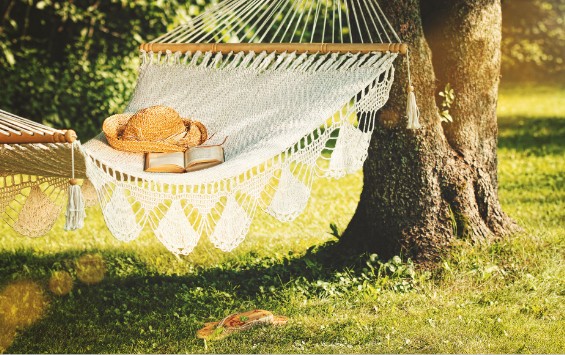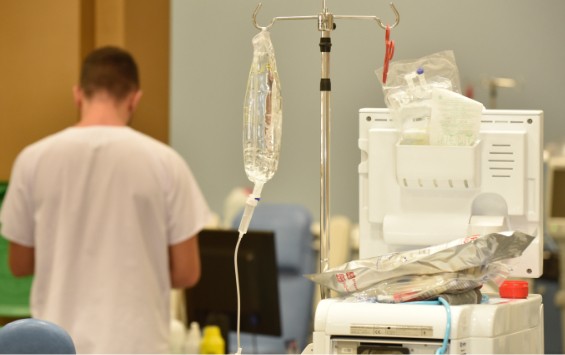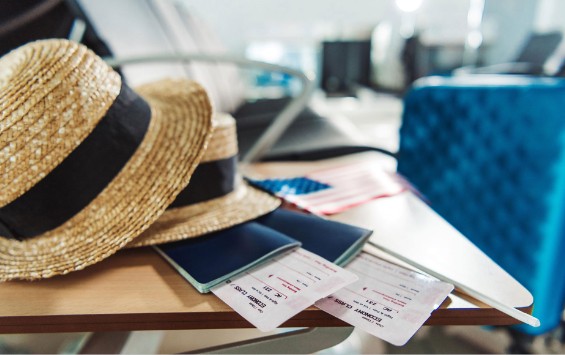La realización de una terapia renal sustitutiva no es impedimento para tomarse unas merecidas vacaciones, si bien es muy importante continuar realizando tus sesiones de diálisis y seguir con el cuidado de tu salud. Consulta previamente con tu médico habitual si tu situación clínica actual te permite viajar y, sobre todo, escoger el destino adecuado.
¿Qué llevo conmigo?
Documentación. Dependiendo del destino y del centro donde vayas a realizar tus sesiones de diálisis te pedirán unos documentos u otros, infórmate antes. No obstante, lleva siempre contigo un informe médico que certifique tu enfermedad y justifique tu tratamiento.
Si decides viajar en territorio español o en europeo, la solicitud debe realizarse con suficiente tiempo de antelación – 1/2 meses aproximadamente – para que te asegures la reserva de tus sesiones de diálisis.



